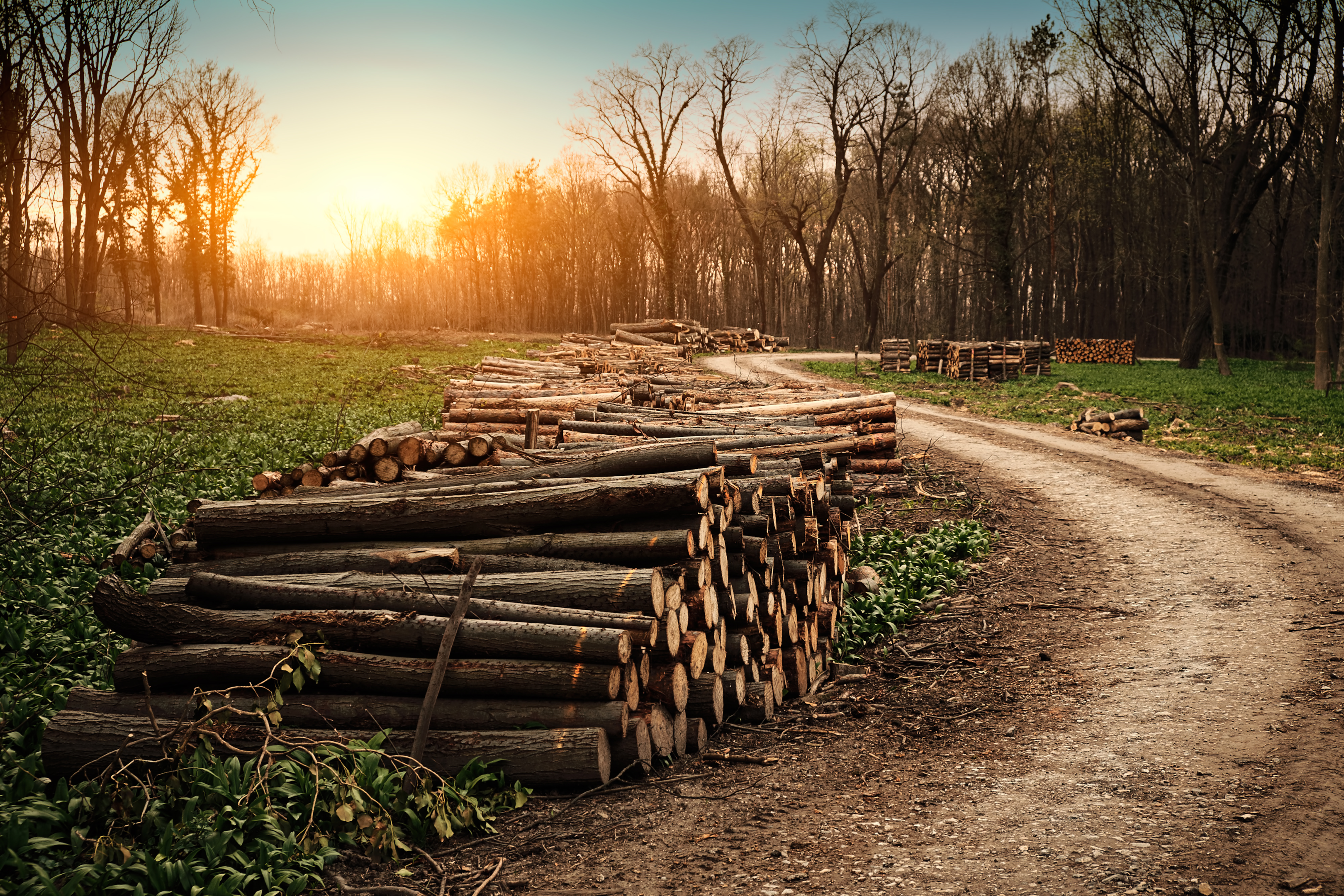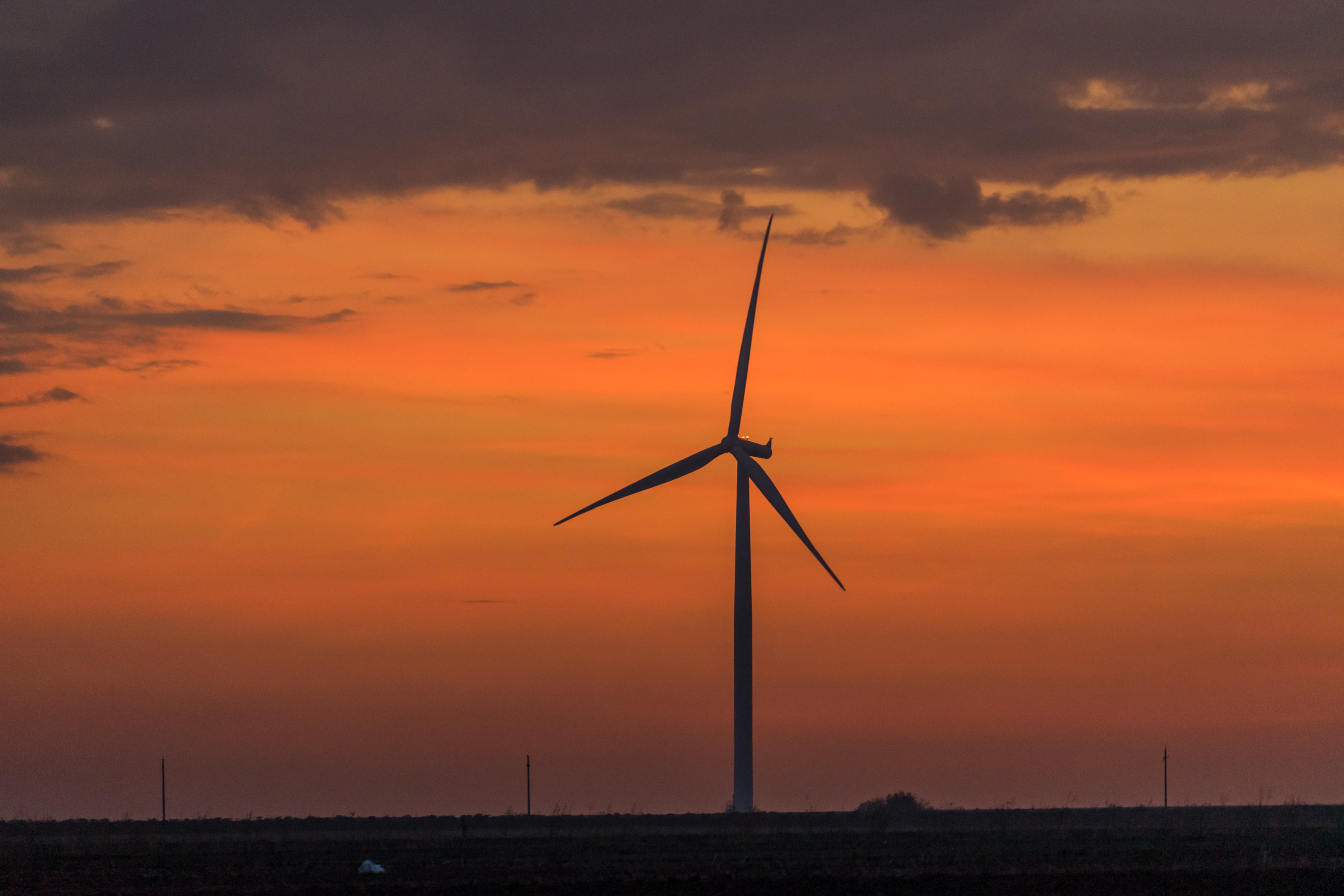As Net-Zero Week kicks off, it is essential to acknowledge the pressing issue of carbon dioxide (CO2) emissions and their impact on our planet. A recent article by Carbon Brief highlights the release of striking new videos from NASA, that depict the rapid buildup of CO2 in our atmosphere. These videos serve as a potent reminder of the urgent need for global action to combat climate change, reduce our global emissions and achieve a sustainable future for all.
The alarming reality
The NASA videos capture the escalating levels of CO2 in our atmosphere, showcasing how concentrations have risen significantly over the past four decades. These visual representations underscore the magnitude of the climate crisis we face. Rising CO2 levels contribute to global warming, resulting in more frequent extreme weather events, rising sea levels, and ecological disruption.
The role of human activities: fossil fuels and deforestation

Human activities, particularly burning fossil fuels and deforestation, are the primary drivers of CO2 emissions. As industrialisation and population growth continue, so does the release of greenhouse gases into the atmosphere. The NASA videos serve as a stark reminder that urgent action is needed to mitigate and reverse this trend.
The importance of Net-Zero Week
Net-Zero Week provides an opportune moment to reflect on the significance of achieving net-zero carbon emissions. The concept of net-zero involves balancing the amount of CO2 emitted with the amount removed from the atmosphere, effectively neutralising the carbon footprint. It requires a concerted effort from governments, businesses, and individuals to transition to cleaner energy sources, adopt sustainable practices, and invest in carbon capture technologies.
The way forward: lowering greenhouse gas emissions

To combat the escalating CO2 emissions and limit global warming, several key actions need to be taken:
Transition to renewable energy: Governments and industries must accelerate the transition from fossil fuels to renewable energy sources such as solar, wind, and hydropower. Investing in clean energy infrastructure will help reduce our reliance on carbon-intensive fuels.
Reforestation and conservation: Protecting and restoring forests play a crucial role in absorbing CO2 from the atmosphere. Efforts should be made to combat deforestation and promote reforestation initiatives on a global scale.
Energy efficiency and sustainable practices: achieving net-zero
Adopting energy-efficient technologies and sustainable practices can significantly reduce carbon emissions. This includes improving energy efficiency in buildings, promoting sustainable transportation, and implementing circular economy principles.
Find out more about achieving net-zero in our blog 'Your guide to achieving net-zero, with Stuart McLachlan from Anthesis'.
Carbon capture and storage (CCS)
Developing and deploying CCS technologies is vital to capture CO2 emissions from industrial processes and power generation. These captured emissions can then be stored underground or utilised in other industries.
Individual action

Every individual has a role to play in combating climate change. Making conscious choices such as reducing personal carbon footprints, supporting sustainable products and services, and advocating for climate-friendly policies can contribute to the collective effort.
What does this mean?

The NASA videos highlighting the rapid buildup of CO2 emissions in our atmosphere serve as a powerful call to action. Net-Zero Week reminds us of the urgency to transition to a sustainable future. By implementing renewable energy sources, preserving forests, adopting sustainable practices, investing in carbon capture technologies, and taking individual action, we can collectively work towards achieving a net-zero carbon future. It is our responsibility to safeguard the planet for future generations and ensure a habitable and thriving Earth.
Here's what First Mile's CEO had to say about the topic

"Reducing emissions is a key element of achieving net-zero, and proper waste management & recycling has an important role to play: 6% of the UK’s greenhouse gas emissions come from mainly methane from landfills. Reducing and recycling waste, while sending nothing to landfill, is an important part of reducing emissions.
First Mile work with thousands of businesses to improve their recycling impact, and we send no waste to landfills."
If you want to achieve your net-zero goals with our award-winning range of recycling and waste management services, click here to get in touch today.


